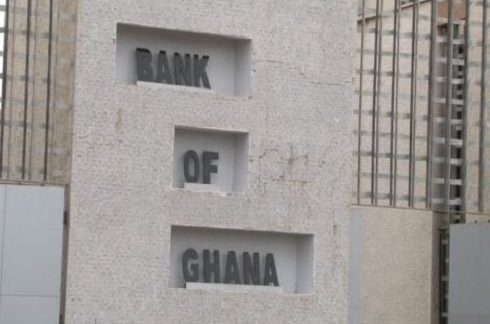The Bank of Ghana’s Monetary Policy Committee (MPC), has said that, price developments, especially lower crude oil prices, have impacted adversely on the external sector.
In a press release sighted by the Vaultz News, the MPC said that, in the first half of 2020, total exports contracted by 8.4 percent year-on-year to US$7.4 billion, driven mainly by the sharp decline in crude oil exports.
Detailing the report, the release said that, crude oil exports sharply contracted by 37.9 percent year-on- year, while gold export receipts went up by 6.9 percent and cocoa exports were up by 8.7 percent.
Total imports similarly contracted by 4.1 percent to US$6.4 billion on account of a 26.4 percent contraction in oil and gas imports which is in line with slowing economic activity.
These developments according to the MPC, resulted in a lower trade surplus of US$952.7 million (1.4 percent of GDP), compared with US$1.4 billion (2.0 percent of GDP) for the corresponding period of 2019.
According to the release also, prices of key export commodities traded mixed in the first half of 2020.
It said that, the declines in the export prices of cocoa and crude oil were partially offset by higher gold prices.
“From the beginning of the year to June 2020, crude oil prices contracted by 37.5 percent on the back of low demand due to the COVID-19 pandemic while gold prices increased by 17.1 percent. The surge in gold prices was attributed to global monetary policy easing, geopolitical risks, and global economic slowdown due to COVID-19. Cocoa prices contracted by 7.7 percent, occasioned by low demand for the bean due to the coronavirus pandemic.”
The MPC also noted that there has been an increase in uncertainties in the global economy, although investor uneasiness improved .
The uncertainty according to the MPC, derives from a possibility of a prolonged downturn as countries begin to experience a second wave of COVID-19 infections.
It said that the fiscal and monetary stimulus packages will have to be continued over a much longer horizon, which could lead to a negative spill over to emerging and frontier markets with consequences for weaker growth and instability.
The spill-over of weak global demand conditions on the domestic economy will negatively impact exports, foreign direct investments, remittance flows, and domestic growth conditions.
The MPC further revealed that the most recent data on the Ghanaian economy shows that the pandemic has impacted adversely, resulting in a significant growth downturn and higher inflation.
The release also said that,
“All leading indicators of economic activity, international trade, construction, and manufacturing activities declined significantly. More granular data also show that business and consumer confidence, and private sector credit growth even though declined on a year-on-year basis, is beginning to show some modest gains.”.





















